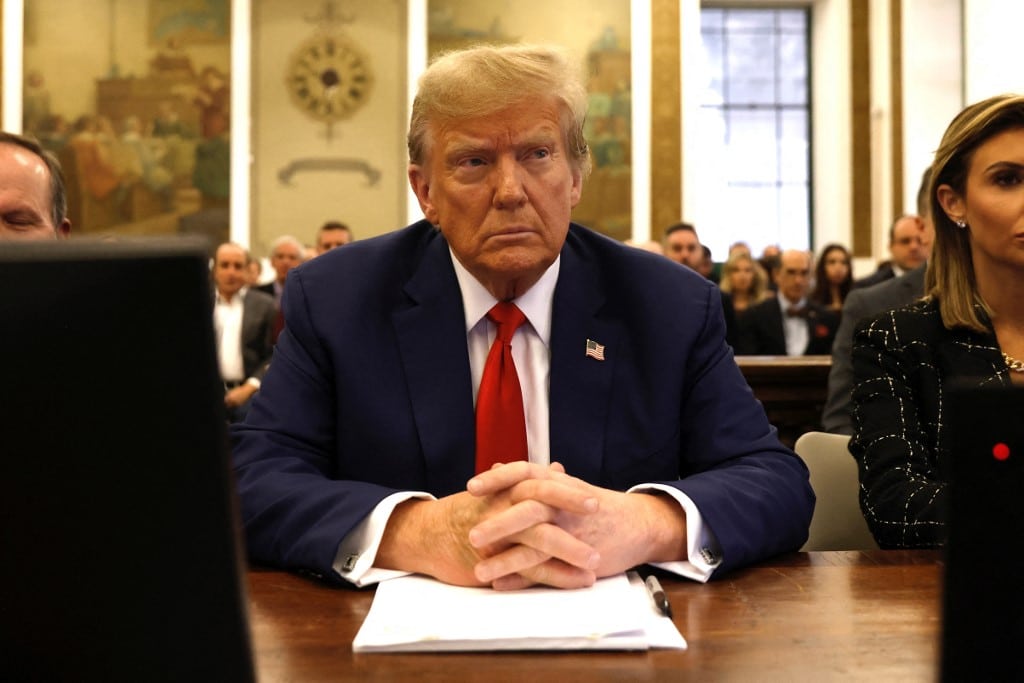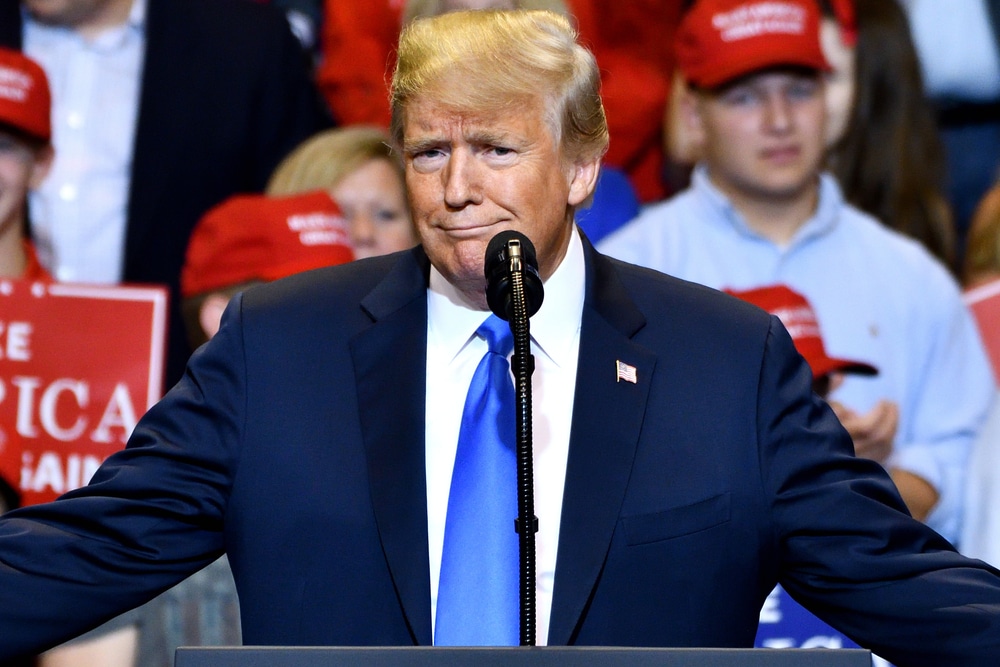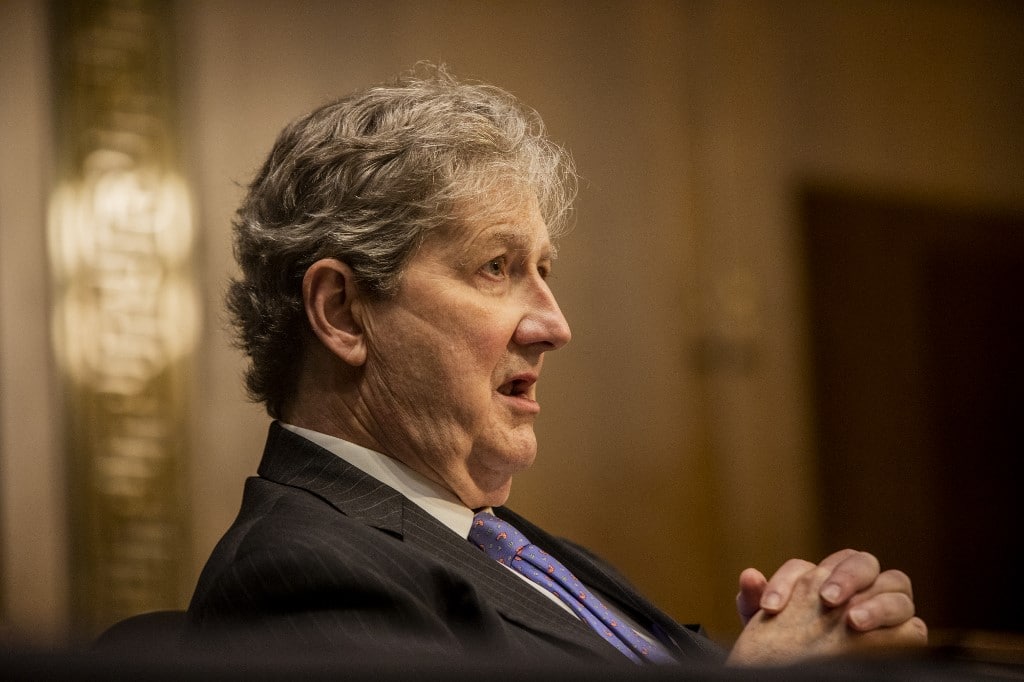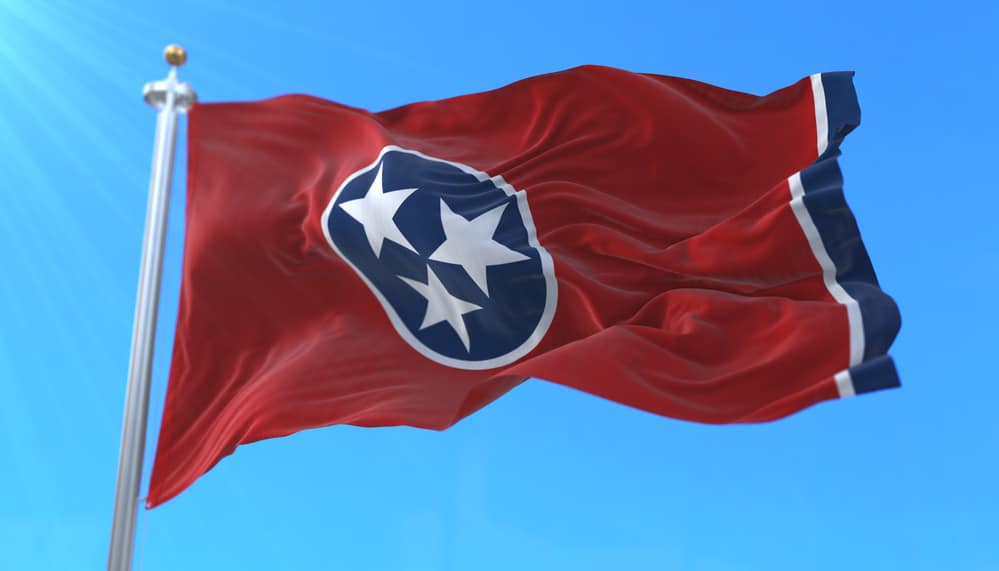The Colorado Supreme Court’s groundbreaking ruling to exclude former President Donald Trump from the state’s 2024 ballot, citing the “insurrectionist clause” of the 14th Amendment, is now under the scrutiny of the U.S. Supreme Court. With oral arguments concluded, the Justices are under pressure to come to a decision as fast as they can.
Trump Appeals to Supreme Court

On Jan 3, Trump appealed to the Supreme Court to overturn the Colorado ruling that excluded him from the ballot.
Barring Voters from Electing Presidential Candidates
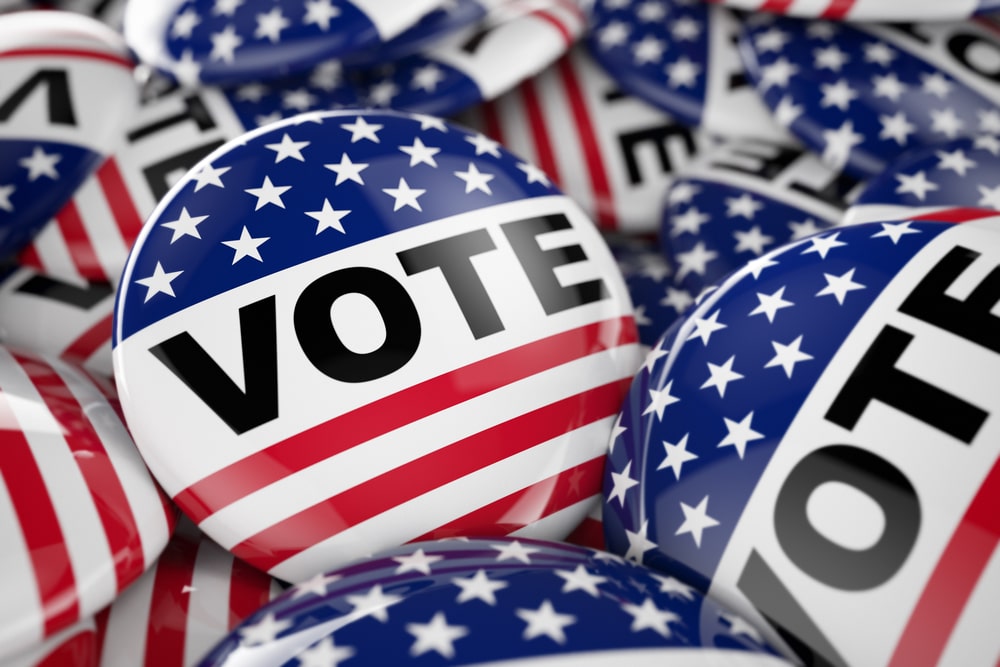
Trump’s legal team contends that the exclusion decision, if upheld, would be unprecedented, barring voters from electing a major-party presidential candidate.
Key Constitutional Questions in the Case
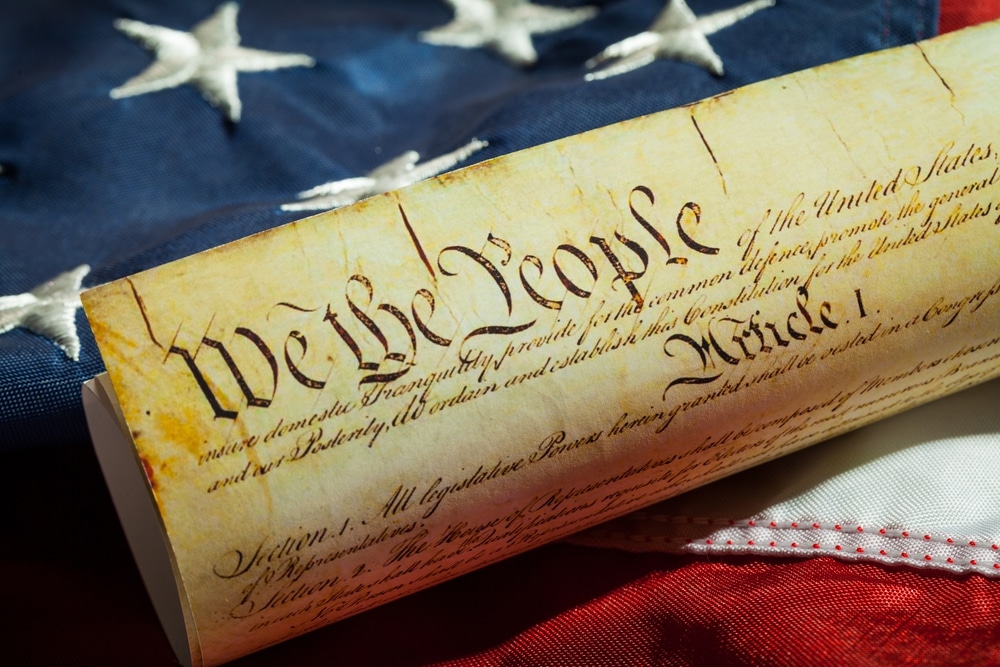
Central to the case are crucial constitutional questions, such as whether the 14th Amendment’s insurrection clause applies to presidential candidates and who qualifies as having engaged in insurrection.
The argument
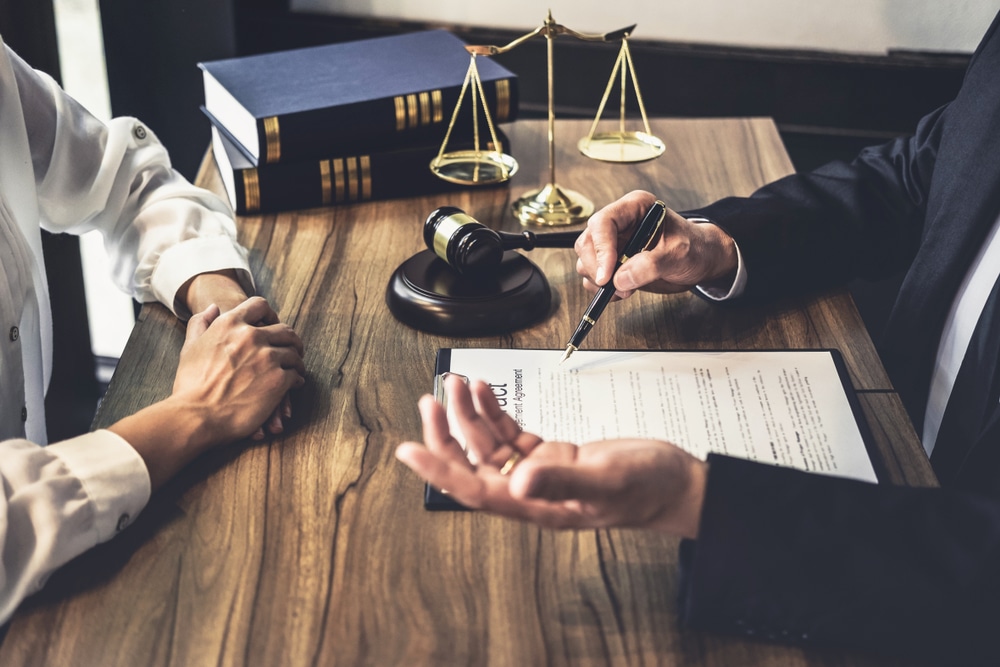
Trump’s lawyers argued that the Colorado ruling contradicts the foundational concept of “government of the people, by the people,” stressing the need for the Supreme Court to address this critical issue.
Colorado Supreme Court’s Historic 4-3 Decision
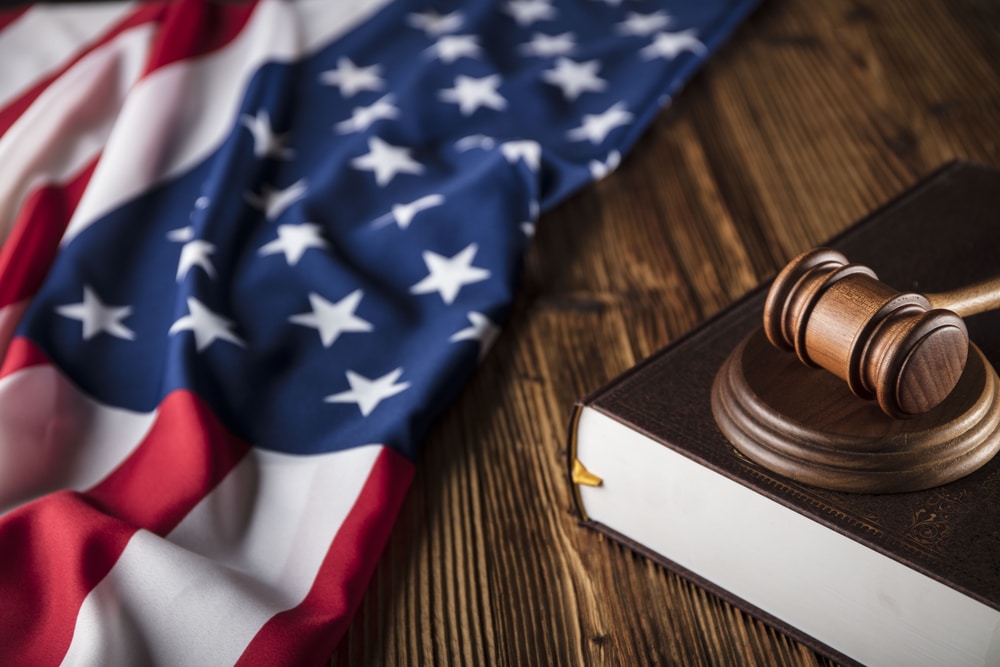
The Colorado Supreme Court’s 4-3 decision marks the first application of the disqualification clause against a presidential candidate.
Post-Civil War Constitutional Provision

The Colorado decision rested on a constitutional provision dating back to the post-Civil War era, prohibiting individuals who participated in insurrection or rebellion from holding public office.
14th Amendment’s Insurrection Clause Origins
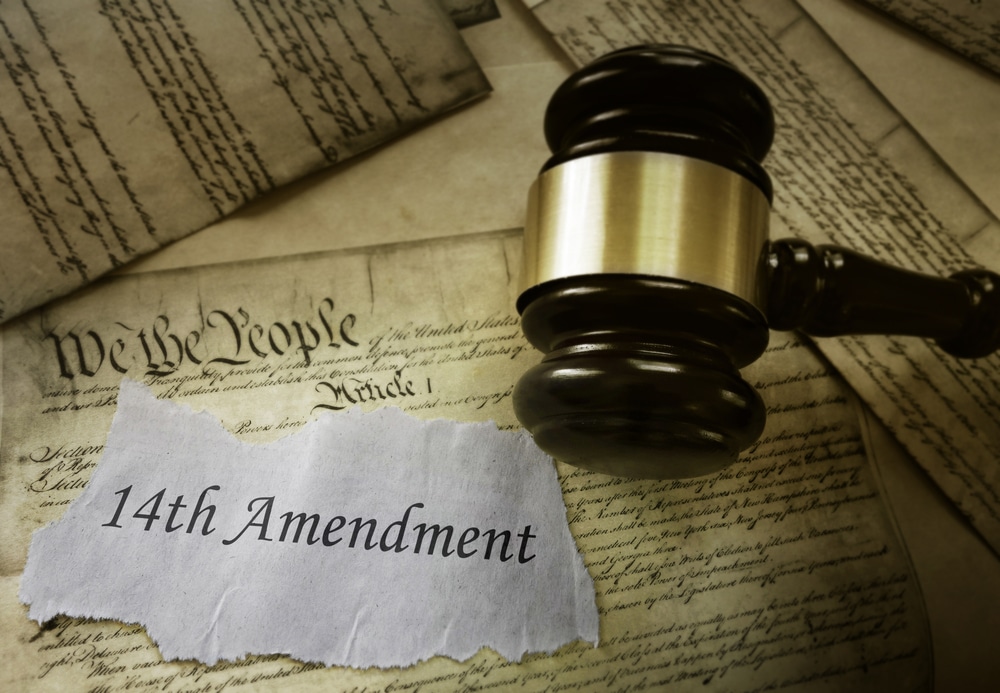
The insurrection clause, also known as Section 3 of the 14th Amendment to the U.S. Constitution, was initially intended to prevent former Confederates from returning to their former government positions.
Trump’s Capitol Riot Role and Exemption
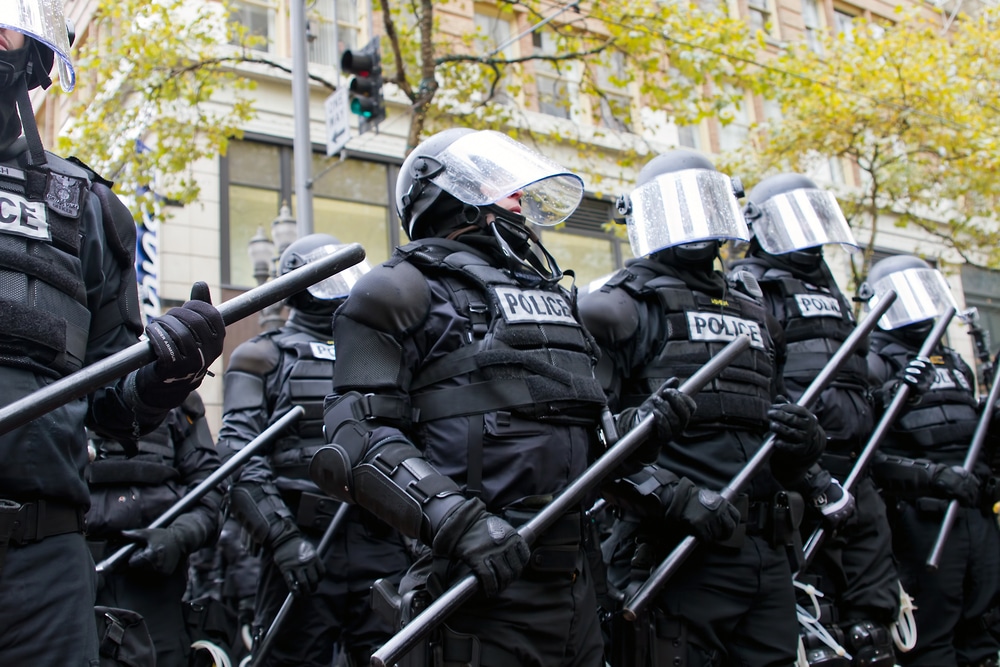
Previously, a judge acknowledged Trump’s role in the Capitol riot but argued that the presidency is exempt from the insurrection clause.
Maine State Court Applies Insurrection Clause
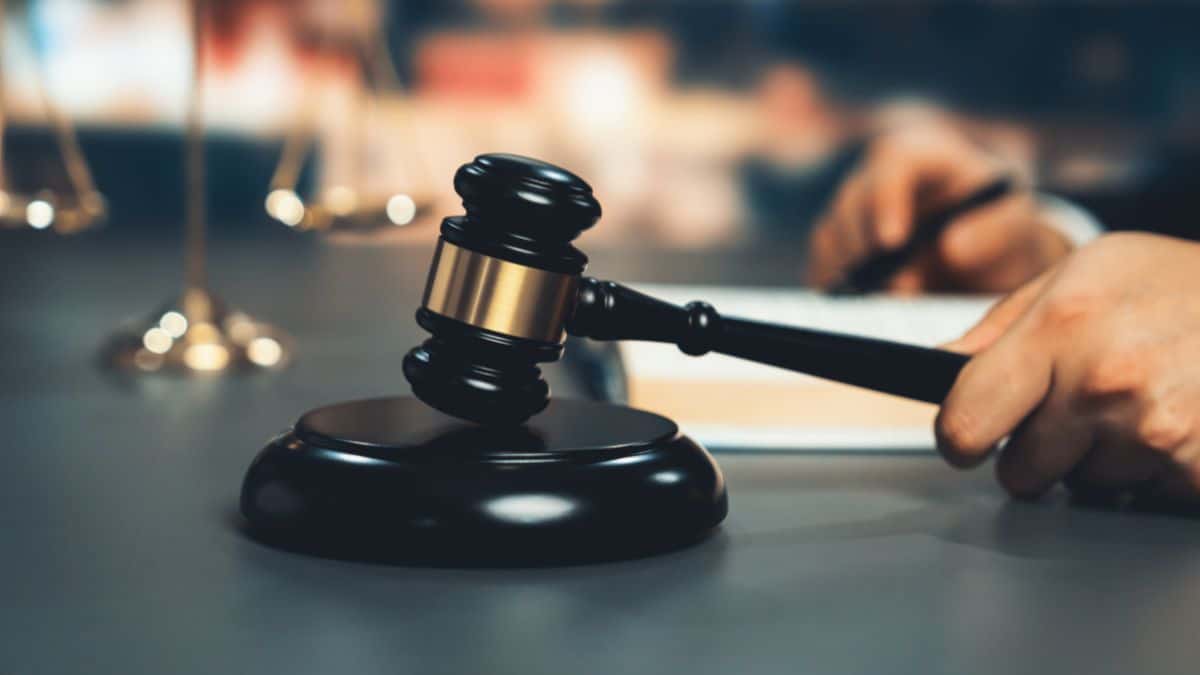
This clause, however, has been applied in the Maine state court, leading to a similar exclusion with potential national implications. The ruling by Maine’s secretary of state has been paused pending the US Supreme Court’s ruling on the Colorado case.
Supreme Court’s Conservative Majority Justics
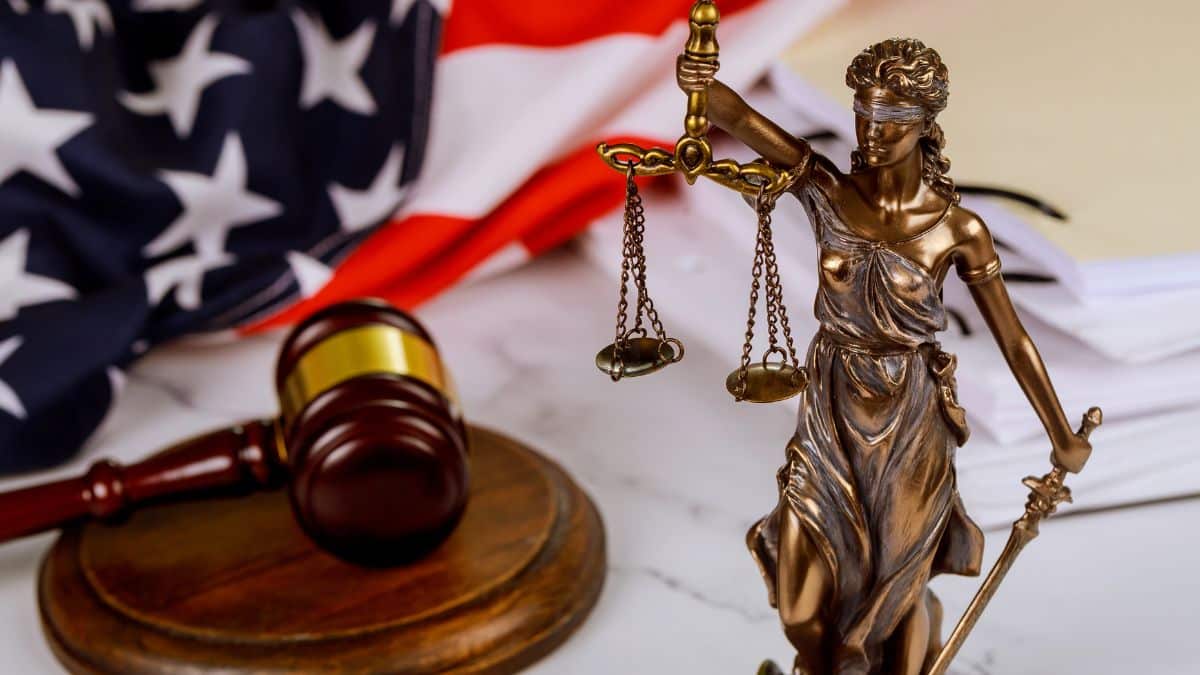
The Supreme Court’s conservative majority, including three Trump appointees, is likely to influence a broader effort to disqualify the leading GOP presidential candidate from appearing on the ballots of other states in preparation for the 2024 election.
Court’s Approach to Trump’s Ballot Eligibility

Legal analysts are divided on how the Court will proceed. James Heilpern, an appellate attorney, emphasized the importance of correctly addressing the critical issue of Trump’s eligibility for the ballot.
Not an “Officer of the United States”
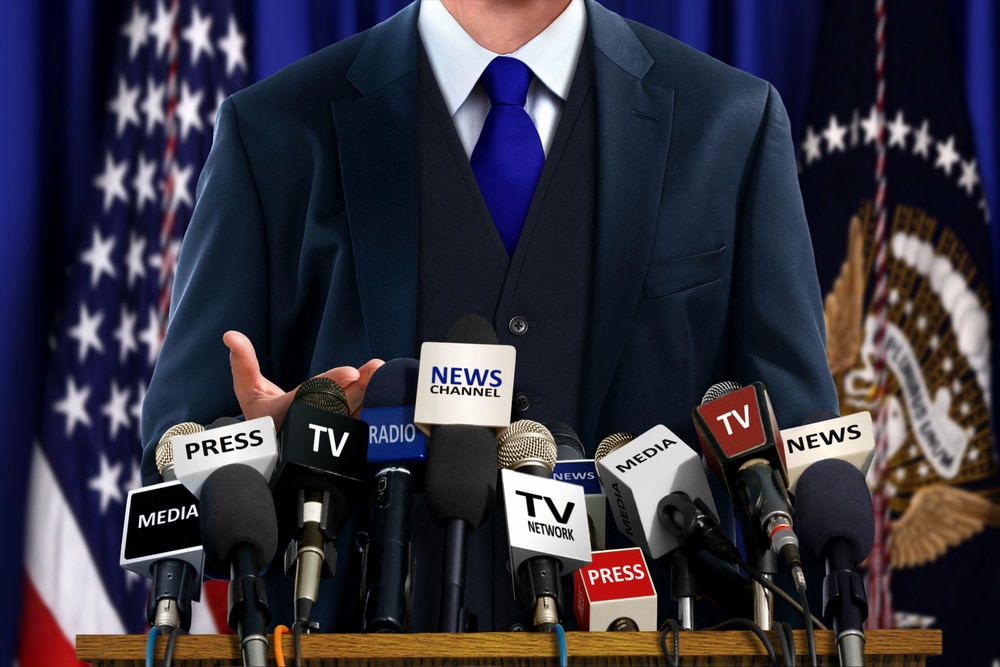
Trump’s defense is based on the argument that the president is not an “officer of the United States” as per the 14th Amendment.
President is an Officer of the United States

However, according to Heilpern, his research, including historical documents like the Postal Act of 1799 and presidential proclamations, contradicts this claim, clearly identifying the president as a U.S. officer.
Ruling in Favor of Trump

David Schultz, a political science professor, predicts the Court may avoid directly addressing the insurrection issue, possibly ruling in favor of Trump on different grounds. During oral arguments, Chief Justice John Roberts seemed to imply that Justices were worried about the political fallout of ruling against Trump.
No Criminal Charges Filed against Trump

Trump’s legal team argues against his involvement in the insurrection, noting the absence of criminal charges. The team made headlines when one lawyer argued that the president should be able to personally order a Navy Seal team to assassinate a political rival and not be charged, as long as the Senate did not convict them for that specific offense.
Broader Significance of 14th Amendment Interpretation

Heilpern points out the crucial nature of this case beyond Trump’s eligibility. It touches upon interpreting the 14th Amendment and its application to presidential actions, potentially reshaping the legal framework around presidential accountability.
Supreme Court to Shape Insurrection Allegation Precedents
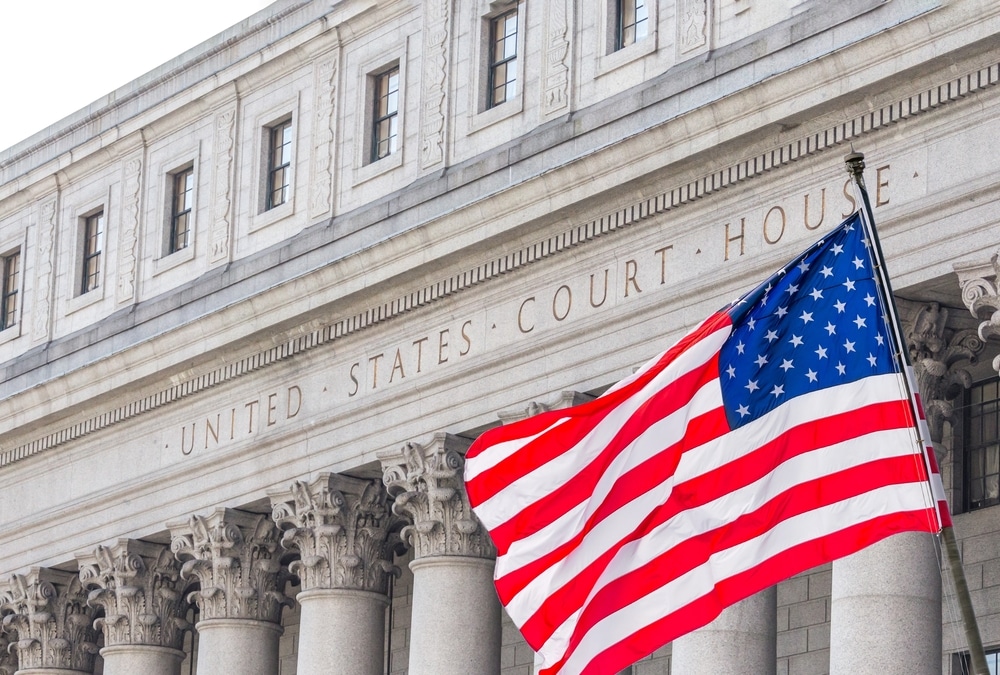
The Supreme Court’s ruling could set a precedent for how future allegations of insurrection or rebellion are addressed in the context of presidential candidates.
Urgency Grows for Swift Ruling as 2024 Election Nears
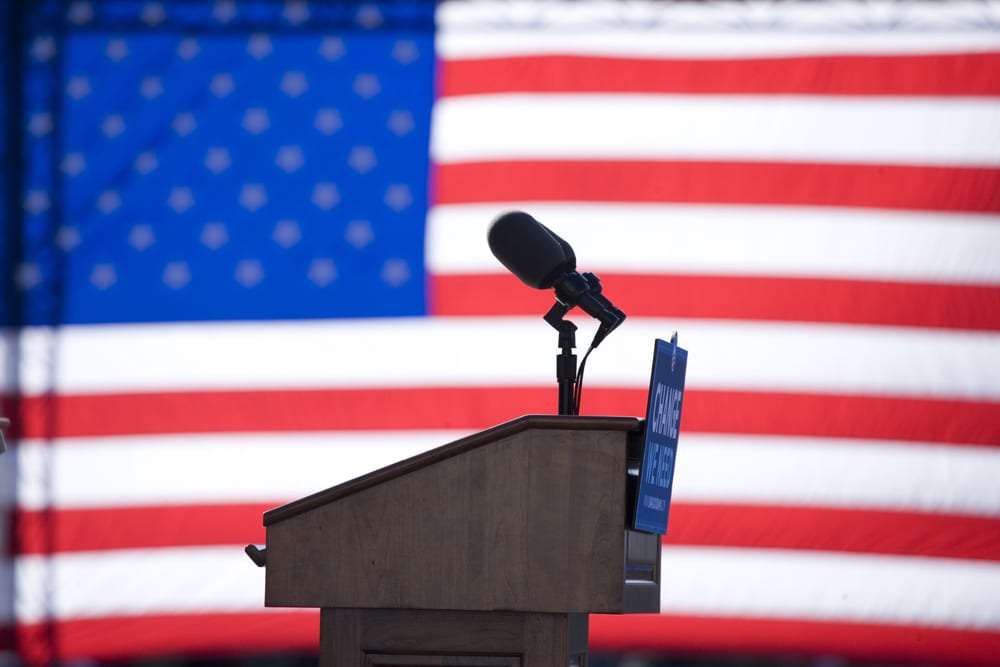
As the 2024 election approaches, the urgency for a definitive ruling intensifies. Citizens for Responsibility and Ethics in Washington, the group challenging Trump’s candidacy in Colorado, is calling for a swift resolution to clarify the situation for voters.
Read Next: What Really Causes Donald Trump’s Skin to be So Orange
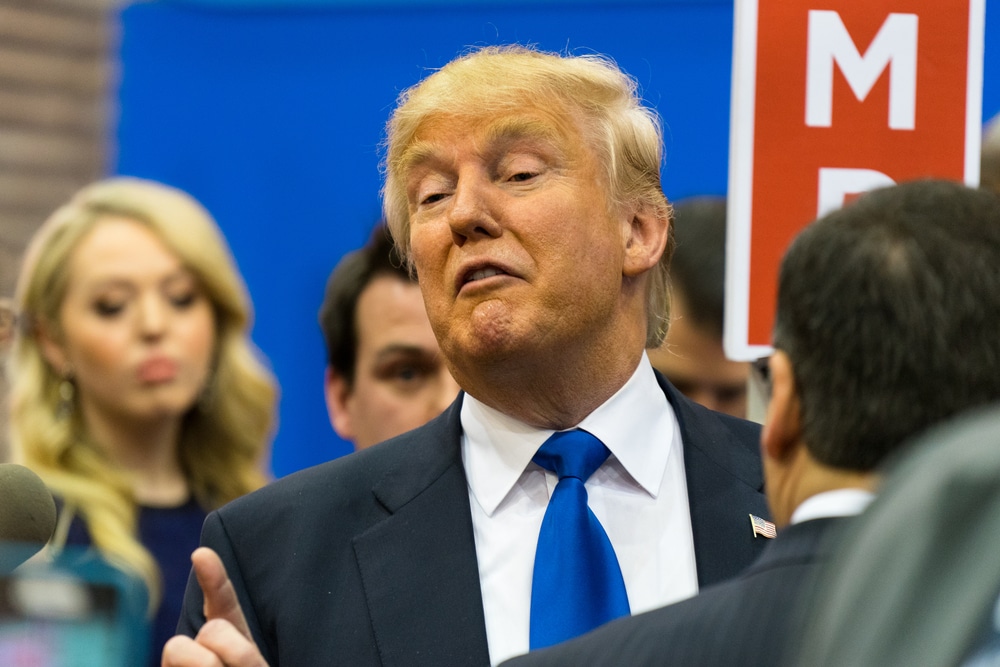
Former President Donald Trump’s distinctive orange skin has captivated attention, sparking curiosity about its evolution from average pale over the years:
What Really Causes Donald Trump’s Skin to be So Orange
21 of the Biggest Lies in American History

Dive into the shadows of American history as we explore 21 of its biggest lies that have left an indelible mark on the nation’s narrative:
21 of the Biggest Lies in American History
32 Things We Once Highly Respected but Are a Complete Joke Now

Discover the amusing downfall of once-respected entities in our changing world:
32 Things We Once Highly Respected but Are a Complete Joke Now
23 of Donald Trump’s Most Hilarious Moments as President
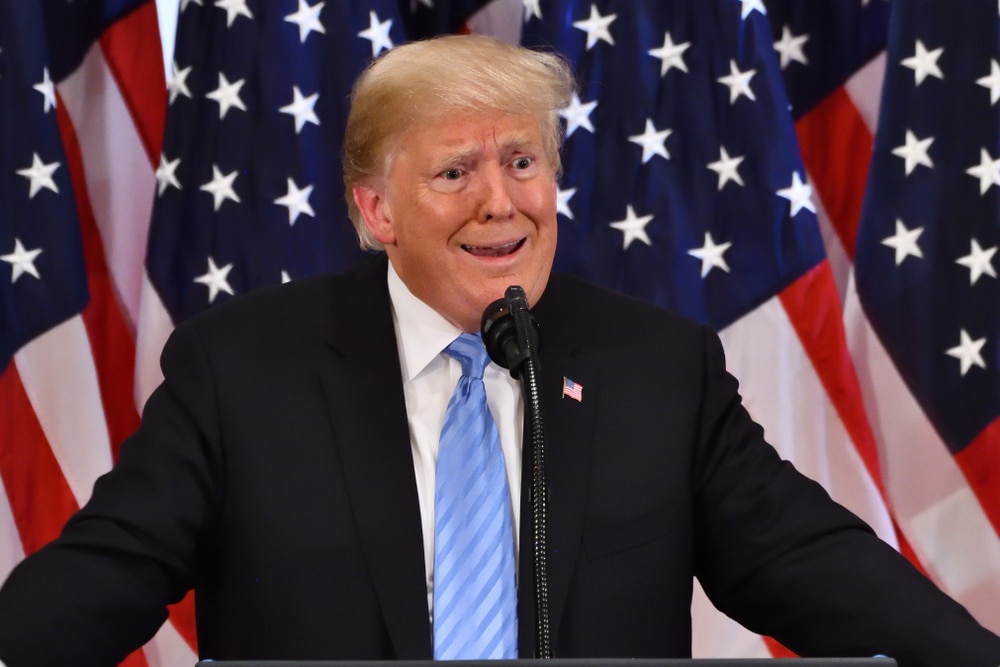
Explore the lighter side of Donald Trump’s presidency with 23 hilariously memorable moments that left the nation in stitches:
23 of Donald Trump’s Most Hilarious Moments as President
27 Things MAGA Movement Ruined Forever for People
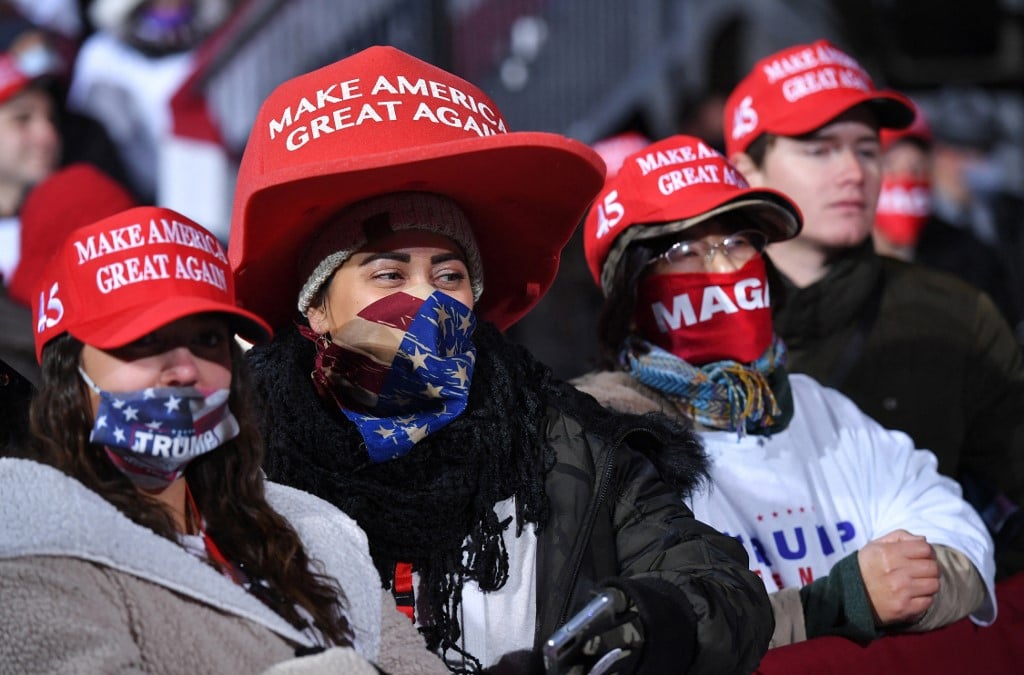
How the MAGA movement left its mark on individuals and disrupted certain aspects of our everyday life forever:






